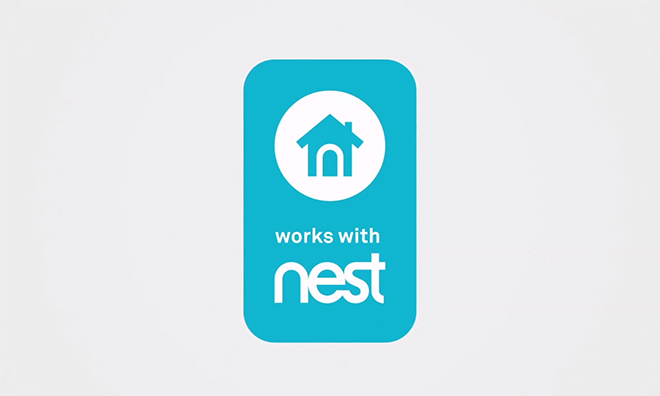Google's Nest to open smart home platform, share data with developers including Google
Nest Labs, makers of the Nest Learning Thermostat and Protect smoke and carbon monoxide detector, announced on Tuesday that it will be opening its smart home platform to third-party developers and partners, which includes parent company Google.
In a post to Nest's official blog, cofounder Matt Rogers said the Nest Developer Program will allow other smart home product makers and app developers to connect with the Nest smart thermostat to make whole-home automation a reality.
Instead of sifting through proprietary apps and settings panels, the open API should allow for personalized, automated experiences. For example, a connected Jawbone UP24 band can sense when its user wakes up, signaling Nest to turn on the lights and warm the house.
As noted by The Wall Street Journal, parent company Google has already integrated with Nest to expand Google Now's functionality to support temperature adjustments.
Of course, with the opening of Nest's platform, the firm must share a certain amount of information gathered by its devices, something that doesn't sit well with privacy advocates. More specifically, Google's views on user data harvesting as applied to the company's huge targeted ad business made critics uneasy when Nest Labs was purchased by the search giant for $3.2 billion in January.
The program already has a number of "Works with Nest" integrations running, including LIFX light bulbs, Whirlpool appliances, Jawbone's UP24 fitness band and select Mercedes-Benz cars, though integration does not appear to be incredibly deep. Currently, the technology is being used to control on/off functions, though future implementations could harness deeper user metrics for added personalization.
While Nest is granting use of certain Nest Learning Thermostat functions, Rogers told Forbes that access to data from on-board motion sensors will be restricted.
"We've been building it for about a year," he said. "One reason it's taken us this long to build is we realized we had to be incredibly transparent with our user about data privacy."
Rogers said Nest plans to task a small team with vetting apps and how they link to Nest's platform. He went further by saying Google Now will not be able to harvest user data for Google's targeted ad business.
"We're clear our data can only be used for what a developer will use it for," Rogers said. "We don't want anyone to make the rob-my-house app."
Last week, Nest announced the $555 million purchase of connected home monitoring camera maker Dropcam, adding to Google's quickly growing smart home portfolio.
Apple is also rolling out its own smart home platform with iOS 8's HomeKit, though integration with third-party apps and hardware is in the very early stages of development. For example, Apple has yet to announce a centralized hub from which controls can be issued. Some speculate that the Apple TV could fill the role, though evidence supporting the theory has yet to been uncovered.
 AppleInsider Staff
AppleInsider Staff











 Mike Wuerthele
Mike Wuerthele
 Malcolm Owen
Malcolm Owen
 Chip Loder
Chip Loder

 William Gallagher
William Gallagher
 Christine McKee
Christine McKee
 Michael Stroup
Michael Stroup
 William Gallagher and Mike Wuerthele
William Gallagher and Mike Wuerthele






